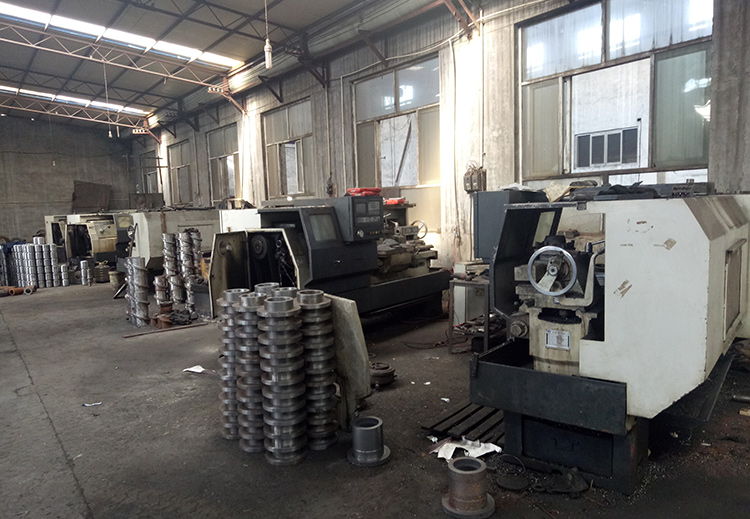Oct . 21, 2024 14:43 Back to list
Refined Cottonseed Oil Production Company Overview and Industry Insights
Exploring Cottonseed Oil Refining Units A Key Industry in Edible Oils
Cottonseed oil has gained prominence as one of the vital edible oils globally, thanks to its unique nutritional profile and versatile applications. Its extraction and refinement process is crucial to ensuring that it meets the health and safety standards that consumers expect. This article delves into the cottonseed oil refining units, their processes, significance, and the impact they have on the oil market.
Understanding Cottonseed Oil
Cottonseed oil is derived from the seeds of the cotton plant, primarily Gossypium species. This oil is rich in polyunsaturated fats and has a neutral flavor, which makes it an ideal ingredient for cooking, frying, and as a base for salad dressings and mayonnaise. Additionally, it contains high levels of vitamin E and is often lauded for its cholesterol-lowering properties. Given these attributes, the demand for cottonseed oil has risen significantly, necessitating a robust and efficient refining process.
The Refining Process
The refining of cottonseed oil is a multi-step process that includes several critical stages degumming, neutralization, bleaching, and deodorization. Each of these stages plays a vital role in removing impurities, enhancing the oil's quality, and extending its shelf life.
1. Degumming The first step involves the removal of phospholipids and other impurities. This is crucial as it helps prevent the oil from developing off-flavors and ensures a cleaner product.
2. Neutralization Following degumming, the oil undergoes neutralization to eliminate free fatty acids. This step typically involves treating the oil with an alkali solution, which helps in achieving a neutral flavor, important for consumer acceptance.
3. Bleaching The next stage is bleaching, where the oil is treated with bleaching earth or activated charcoal. This process removes color pigments and further purifies the oil, ensuring it meets the aesthetic expectations of consumers.
4. Deodorization Finally, deodorization involves the removal of volatile compounds that can impart undesirable scents and flavors to the oil. This step is essential to produce a refined cottonseed oil that meets market standards for taste and aroma.
cottonseed oil refined unit company

The Role of Refining Units
Refining units play a pivotal role in the cottonseed oil production chain. These facilities are equipped with advanced technologies and strict quality control measures to ensure that the oil produced is of high quality and complies with international safety regulations. The efficiency of these units directly influences the overall yield and quality of the final product.
Moreover, refining units contribute significantly to the economy by creating jobs, supporting the agricultural sector, and promoting local businesses. They also facilitate the export of high-quality cottonseed oil to global markets, which can enhance foreign exchange earnings for countries involved in cotton production.
Environmental Considerations
While refining units are integral to the supply chain of cottonseed oil, they must also address environmental concerns. The refining process can generate waste and emissions, necessitating the implementation of sustainable practices. Many facilities are now investing in waste management systems, energy-efficient technologies, and eco-friendly practices to reduce their environmental footprint.
Market Trends and Future Prospects
The cottonseed oil market is expected to continue growing, driven by increasing health consciousness among consumers and the rise in demand for plant-based oils. The development of refining technologies and processes will likely play a crucial role in meeting this demand.
Additionally, as consumers become more aware of sustainability issues, companies that adopt environmentally friendly practices in their refining units may gain a competitive edge. The integration of innovation, such as biorefineries and waste recycling technologies, will further enhance the sustainability of cottonseed oil production.
In conclusion, cottonseed oil refining units are a critical component of the edible oil industry. Their operations not only produce a vital food ingredient but also contribute to the economic and environmental landscape of the regions where they operate. As the industry evolves, embracing sustainability and efficiency will be essential to fulfilling the growing demand for high-quality cottonseed oil.
-
High-Efficiency Peanut Oil Refined Machine for Quality Oil Production Leading Exporters & Companies
NewsJul.08,2025
-
High Efficiency Sunflower Seed Oil Press – Leading Cooking Oil Press Machine Factories & Suppliers
NewsJul.08,2025
-
High-Efficiency Soybean Oil Press Machine – Leading Exporters & Reliable Companies
NewsJul.07,2025
-
High-Efficiency Seed to Oil Extractor – Reliable Extraction Machinery for Your Business
NewsJul.07,2025
-
High-Quality Pressing Screw of Oil Expeller for Efficient Oil Extraction Leading Exporters & Manufacturers
NewsJul.06,2025
-
High-Efficiency Essential Oil Extraction Machine Trusted Exporters & Companies
NewsJul.06,2025
